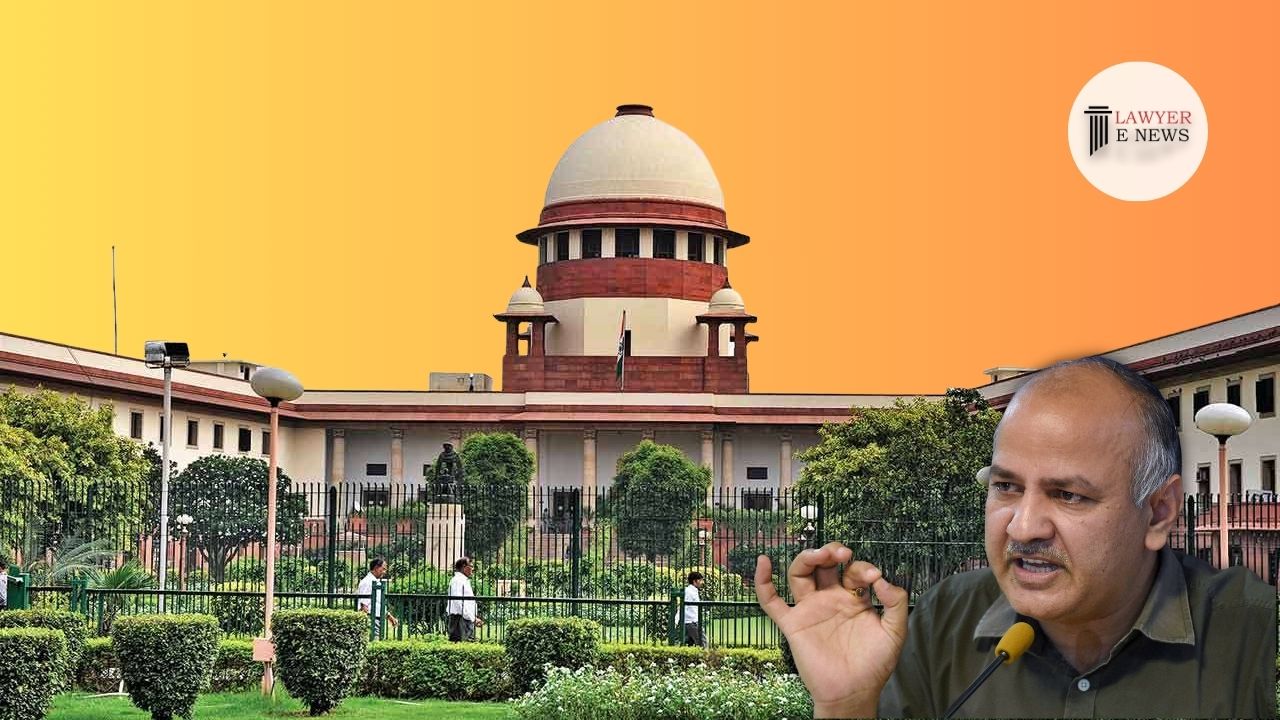-
by Admin
15 February 2026 5:35 AM



High Court stresses the importance of corroborative evidence, remands case for detailed assessment of tenancy status under Assam Tenancy Act.
The Gauhati High Court, in a significant judgment delivered on July 16, 2024, by Justice Sanjay Kumar Medhi, upheld the right of the plaintiffs to evict the defendant from a disputed piece of land despite the plaintiffs’ failure to provide documentary evidence of ownership. The Court emphasized that an admission by the defendant regarding the plaintiffs’ ownership is insufficient for declaring title without corroborative evidence. The matter has been remanded for a fresh assessment of the defendant’s tenancy status under the Assam (Temporarily Settled Areas) Tenancy Act, 1971.
The case, RSA/52/2020, involved a dispute over a plot of land where the plaintiffs sought a declaration of right, title, and interest along with the recovery of possession. The defendant, while admitting the plaintiffs’ ownership, claimed tenant rights under the Assam Tenancy Act. The trial and first appellate courts had ruled in favor of the defendant due to the plaintiffs’ lack of documentary evidence. The plaintiffs appealed to the Gauhati High Court.
The Court underscored the necessity for corroborative evidence to support claims of ownership. Justice Medhi stated, “An admission by the defendant can establish facts not requiring proof but does not eliminate the necessity of proving ownership claims.” The Court noted that while the defendant admitted the plaintiffs’ ownership, the plaintiffs failed to provide documentary evidence to substantiate their claim.
Addressing the admission by the defendant, the Court highlighted, “Admission regarding ownership is insufficient to grant declaration of title without corroborative evidence.” The Court held that the plaintiffs could not rely solely on the defendant’s admission to establish ownership and stressed the importance of presenting supporting documentary evidence.
The Court reviewed the compliance with statutory pre-conditions for eviction under the Assam Tenancy Act. The judgment noted inconsistencies in the defendant’s claim of tenancy rights and emphasized the need for a detailed assessment. Justice Medhi remarked, “The defendant’s tenancy status has not been conclusively established; hence, eviction is ordered based on factual findings and inconsistencies in the defendant’s claim.”
The judgment extensively discussed the principles of evaluating evidence in property disputes. It reiterated that while an admission could establish certain facts, it could not be the sole basis for declaring title. The Court ruled that the plaintiffs failed to prove ownership due to the absence of documentary evidence, despite the defendant’s admission.
Justice Medhi remarked, “The admission by the defendant is significant but not conclusive. The necessity of corroborative evidence in establishing ownership cannot be overlooked.”
The Gauhati High Court’s decision underscores the judiciary’s commitment to ensuring thorough and evidence-based adjudication in property disputes. By affirming the lower courts’ findings on the necessity of corroborative evidence and remanding the case for a detailed assessment of tenancy status, the judgment reinforces the legal framework for addressing property claims and tenant rights. This landmark decision is expected to influence future property disputes, emphasizing the importance of comprehensive evidence in establishing ownership
Date of Decision: July 16, 202
Anil Bandhu Bhattacharjee vs. Nimai Chandra Bhattacharjee Through LRs and Others
